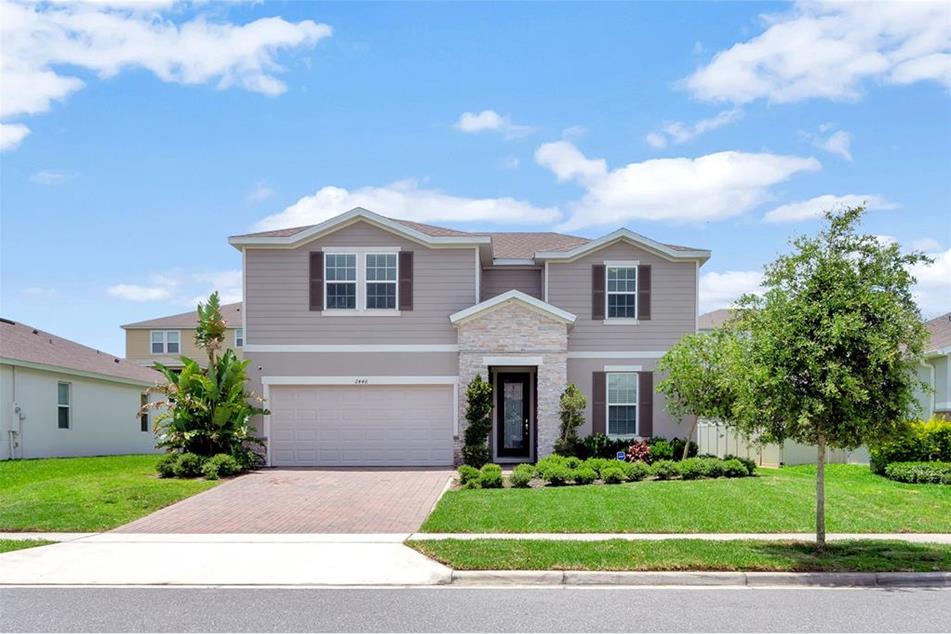
Buying your first home is an exciting milestone, but it can also be overwhelming. From navigating the real estate market to securing financing, there’s a lot to consider. To help you on your journey to homeownership, here are ten essential tips for first-time home buyers:
- Assess Your Financial Situation: Before diving into the home-buying process, take a close look at your finances. Determine how much you can comfortably afford for a down payment, monthly mortgage payments, insurance, and property taxes. Consider getting pre-approved for a mortgage to understand your purchasing power.
- Define Your Priorities: Make a list of your must-haves and nice-to-haves in a home. Consider factors such as location, size, amenities, and proximity to schools, work, and public transportation. Knowing your priorities will help narrow down your search and find a home that meets your needs.
- Research the Market: Familiarize yourself with the local real estate market. Research recent sales prices, trends, and neighborhoods you’re interested in. Keep an eye on factors such as supply and demand, market conditions, and potential for future growth.
- Work with a Real Estate Agent: Partnering with a reputable real estate agent can streamline the home-buying process. An experienced agent can help you navigate the market, identify suitable properties, negotiate offers, and handle the paperwork involved in closing the deal.
- Get a Home Inspection: Before finalizing the purchase, hire a qualified home inspector to evaluate the property thoroughly. A professional inspection can uncover potential issues with the home’s structure, systems, and major components, helping you make an informed decision and avoid costly surprises down the road.
- Understand Your Mortgage Options: Explore different types of mortgages and lending programs available to first-time home buyers. Compare interest rates, terms, and fees from multiple lenders to find the best financing option for your situation. Be sure to factor in additional expenses like closing costs and private mortgage insurance (PMI).
- Budget for Additional Expenses: In addition to the purchase price and mortgage payments, budget for other expenses associated with buying a home. These may include closing costs, home maintenance and repairs, property taxes, homeowners insurance, and utilities. Having a comprehensive budget will help you manage your finances responsibly.
- Don’t Rush the Decision: Buying a home is a significant investment, so take your time to find the right one. Avoid feeling pressured to make a hasty decision or settle for a property that doesn’t meet your needs. Be patient and trust your instincts throughout the process.
- Plan for the Future: Consider your long-term plans and how they align with your home purchase. Think about factors such as career growth, family size, and lifestyle changes that may impact your housing needs in the future. Choose a home that can adapt to your evolving circumstances and hold its value over time.
- Stay Flexible and Open-Minded: Finally, remain flexible and open-minded throughout the home-buying journey. Be prepared to compromise on certain features or aspects of the property while staying focused on your overall goals. Remember that finding the perfect home may take time, but it’s worth the effort in the end.

 Facebook
Facebook
 X
X
 Pinterest
Pinterest
 Copy Link
Copy Link